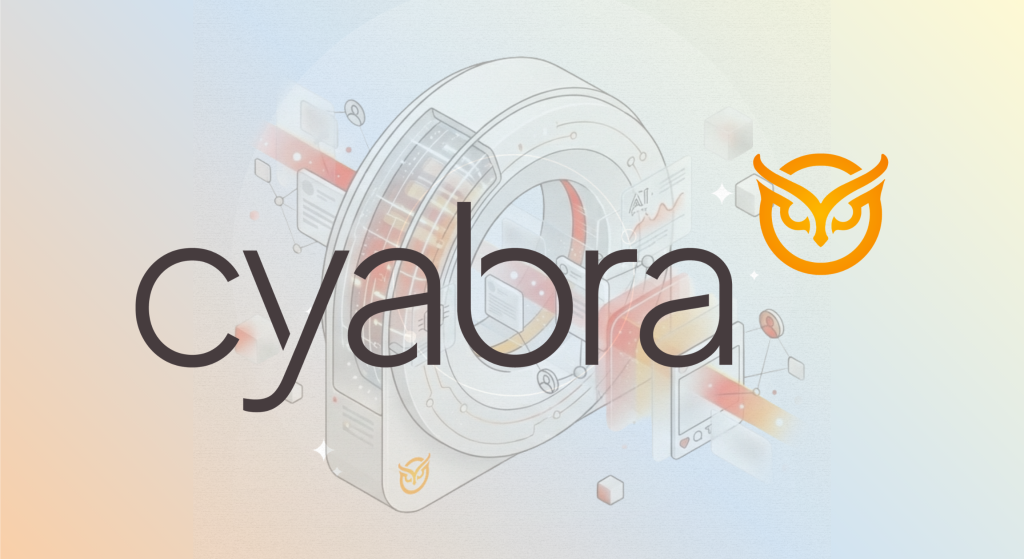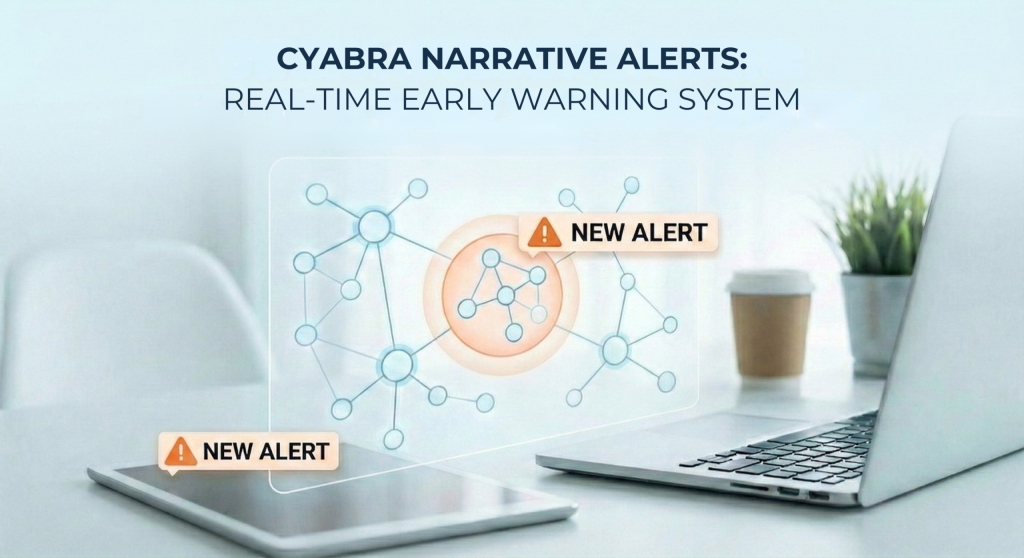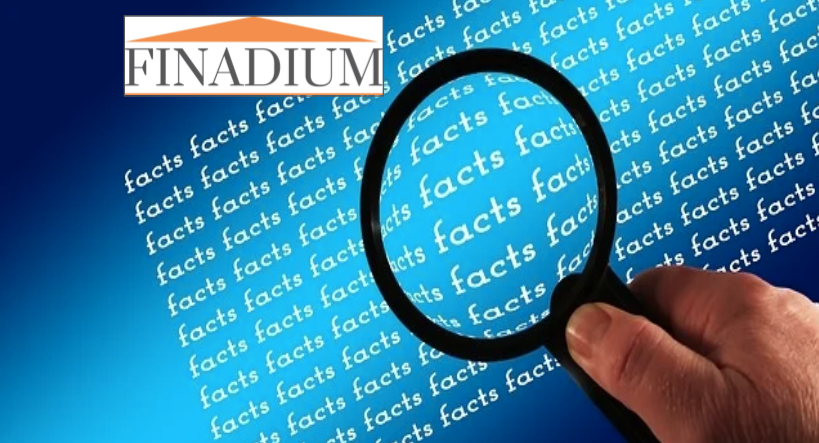“Falsehood flies, and the truth comes limping after it” – Jonathan Swift
Disinformation is one of the biggest problems society is facing today. Even though it’s not a new phenomenon, having appeared throughout human history, it is now more widespread than ever.
This is partly due to the speed at which fake news can spread through the internet, capable of reaching millions of people in just a few minutes, and partly because news and information are often shared impulsively, fueled by emotional responses.
While most of us like to think we’re capable of spotting fake news, studies show that even the most discerning individuals struggle to differentiate between genuine and fabricated content – especially when it’s designed to exploit our cognitive biases.
The victims of disinformation come in all forms – from individuals to companies and public institutions – making this phenomenon a modern contagion, spreading rapidly and affecting every aspect of society.
The Ever Growing Problem

What started as simple false narratives shared through social media has evolved into sophisticated campaigns that combine AI-generated content, deepfakes, and coordinated bot networks to maximize their impact.
Recent events surrounding the US presidential elections paint a concerning picture of just how sophisticated these operations have become.
In debate-related conversations on X, fake accounts spreading disinformation managed to generate over 30,000 engagements and reach an estimated 57 million potential views – all while appearing completely authentic to the average user.
Many of these accounts were created mere months before the event, strategically positioned to manipulate public discourse when it mattered most.
This level of coordination and sophistication isn’t limited to political discourse – it’s becoming increasingly common in attacks against brands and businesses, where malicious actors employ the same tactics to spread false narratives.
And when disinformation can circle the globe before truth can catch up, the damage to both public and private entities can be swift and lasting.
When Disinformation Hits Your Brand
For companies and brands, disinformation poses a unique threat that can strike without warning.
Unlike traditional PR crises, disinformation campaigns may arise from malicious actors creating false narratives or from amplifying existing issues, pushing them far beyond their original scope.
What makes these attacks particularly dangerous is their ability to blend in with genuine customer concerns. By the time a company identifies the source of the disinformation, the false narrative may have already gained enough traction to trigger boycotts, impact stock prices, or severely damage consumer trust.
This isn’t just theoretical – Cyabra has analyzed numerous cases where coordinated disinformation campaigns have caused real financial damage to companies.
Loblaws’ recent crisis demonstrates this perfectly. What started as legitimate consumer concerns about the cost of living and “greedflation” quickly escalated when fake accounts began amplifying the #BoycottLoblaws hashtag.
The situation spiraled as fake profiles, making up 18% of the conversation, pushed to radicalize the protest – even promoting a “Steal from Loblaws Day” that encouraged shoplifting across Canadian cities.
Why Minutes Matter

Time is the most critical factor when dealing with disinformation campaigns. The longer a false story circulates on social media, the more damage it can inflict on your brand’s reputation – and the harder it becomes to contain.
People are quick to react to information they encounter on social media, and the impulse to share and act immediately often outweighs the inclination to check if the story is actually true or if the poster is a real account or a fake one aiming to harm a brand.
Even after a false narrative has been thoroughly debunked, the initial negative impression often sticks in people’s minds, leading to a lingering stain on a brand’s reputation that can be difficult – if not impossible – to fully restore.
Cyabra’s Fight to Expose Fake Profiles
Cyabra’s platform employs sophisticated AI technology that can protect your brand from the harmful effects of targeted disinformation campaigns by detecting toxic narratives and identifying fake profiles infiltrating discussions, uncovering coordinated attacks and emerging crises, and helping you maintain credibility and trust while unlocking authentic customer insights.


